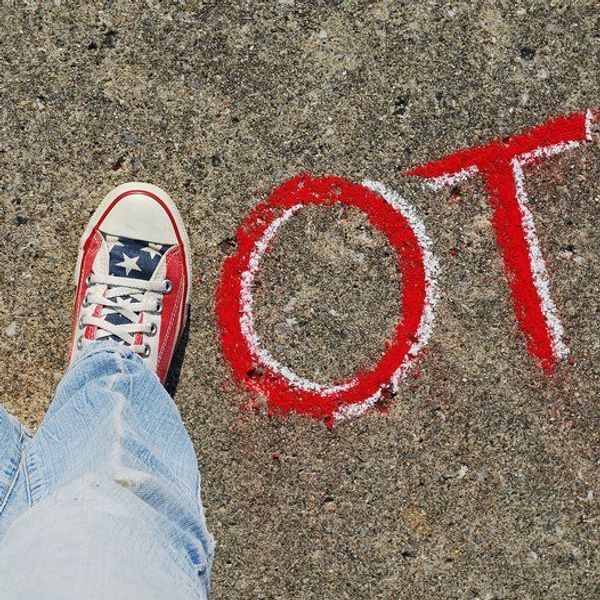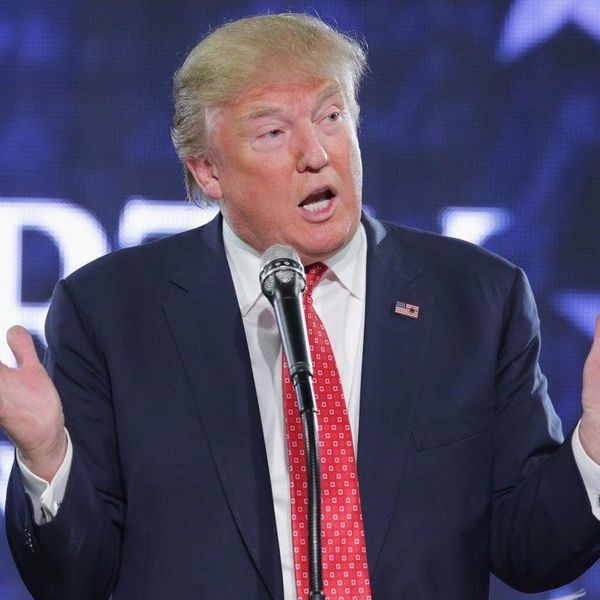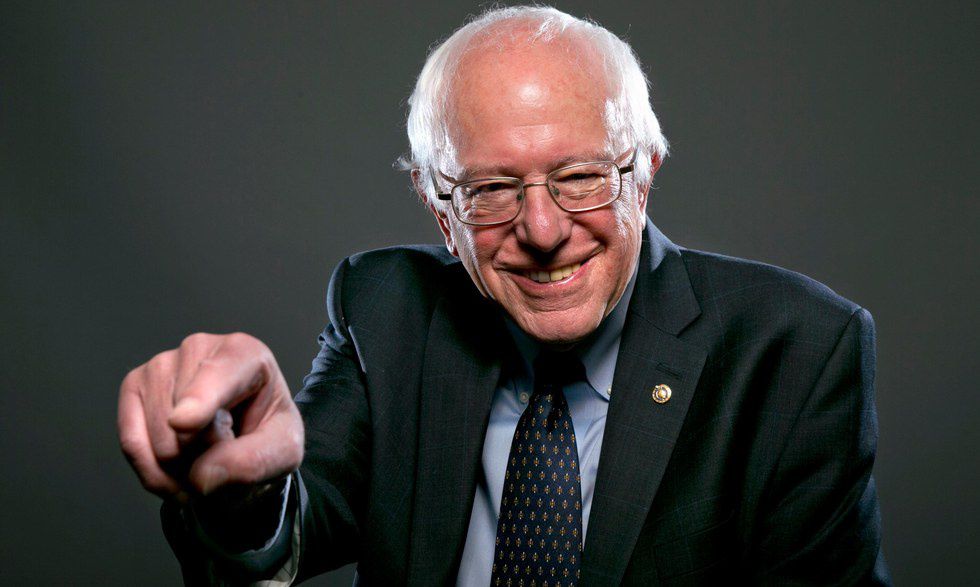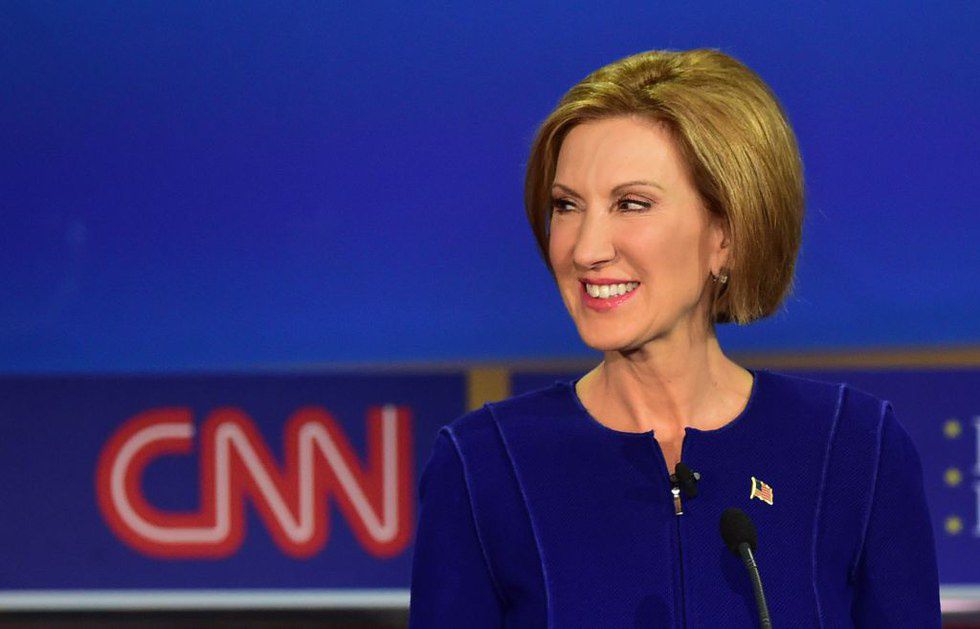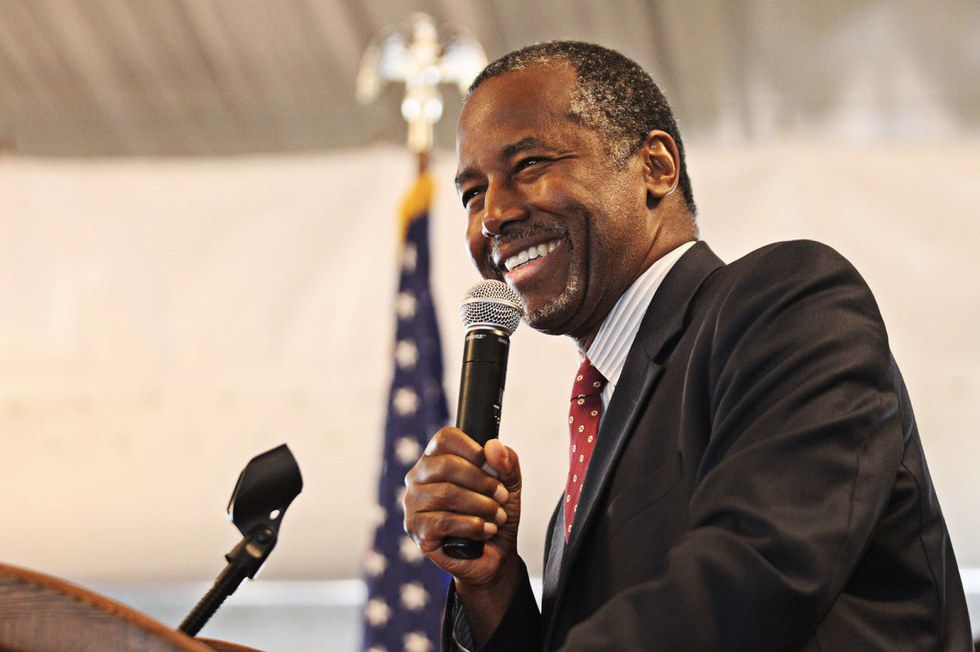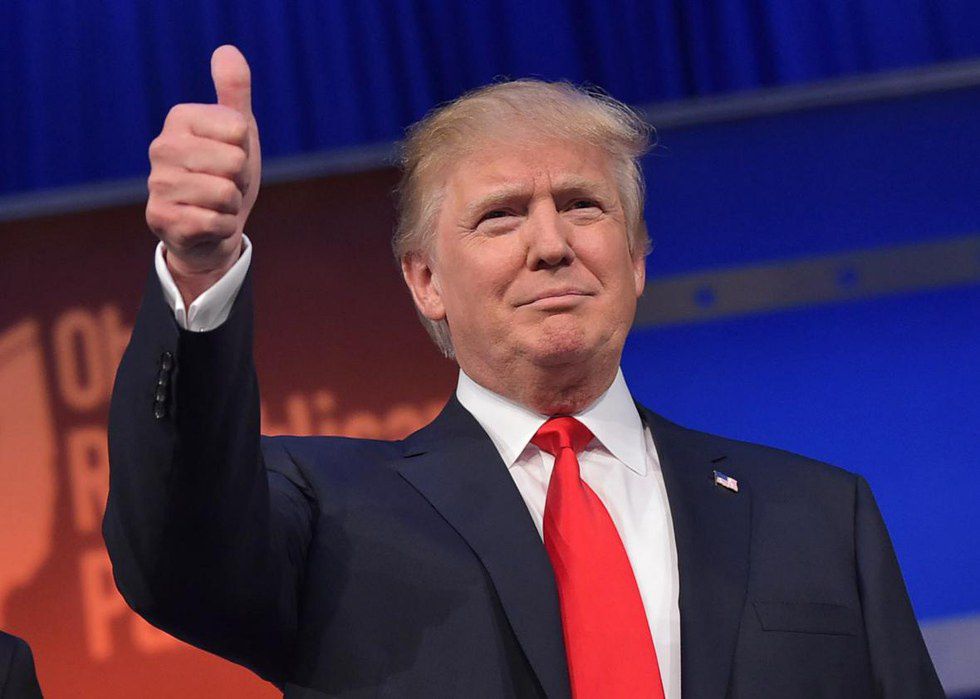2015 has become the year of the political outsider both in thought and in experience. Presidential hopefuls from the Democratic and Republican parties have attracted support by declining the use of Super PAC money, diverging from the use of politically correct language, and having little or no prior experience within the political system.
Strong partisan divides in our government have been frustrating from the perspective of both parties, so I can't help but wonder whether a political outsider is what our truly country needs. And if we do need an outsider, what should we be looking for?
Where have we been?
The Obama Administration faces its most vehement opposition from the Republican Party and vice versa. Since the Republican Party controls the House of Representatives and the Senate, legislation that passes without enduring filibusters, vetoes, or an exhausting amount of drafts is nothing short of a miracle.
Throughout Obama's presidency, party lines have been a blatantly obvious speed bump for decisions on issues such as healthcare, taxes, and the environment. Foreign policy has elicited strategic action from both sides. Senate Democrats successfully sustained the Iran Deal by performing a filibuster in September. And, Republicans in the Benghazi Committee have conveniently taken action against former Secretary of State Hillary Rodham Clinton during her campaign for president.
Who is challenging the status quo?
Bernie Sanders
I'm sure most of you already know the Democratic outsider: Senator Bernie Sanders of Vermont. Proclaiming himself a "democratic socialist," Sanders has captivated younger voters across the country and spurred an impressive grassroots movement that has taken him to second place in the race for the democratic nomination. The senator has taken strong stances on our education system and the environment and against corporate greed on Wall street. Sanders is using the term "democratic socialist" to stand out against Clinton and give the government back to the people rather than "a handful of billionaires," as he often says. Sanders is also relying on individual donations to fund his campaign rather than powerful and very wealthy political Super PACs.
Carly Fiorina
Making a name for herself in the business world as a former chief-executive for Hewlett-Packard, Carly Fiorina is determined to bring her passion and leadership experience to the world of politics. Fiorina rose to second place in the national polls after a strong showing in the second Republican debate; however, she has not been able to make up ground on Ben Carson's steady rise to be Donald Trump's challenger. Immediately after the debate, Fiorina set her sights on Planned Parenthood--a move that CNN attributes to her fall in the polls. Her success in the business world has been the result of hard work and crucial experience from her Ivy League education; however, the lack of success from her merger decisions at HP lend voters concern about her credibility and promise fulfillment.
Rand Paul
Embarking on a similar journey to his father, Rand Paul is dedicated to bringing the Libertarian mindset (very little government involvement) to the White House. Paul has struggled to find his footing on the Republican ticket since many of his social and immigration stances do not reflect those of the party. Although Paul has recently gained a percentage point in national polls and promotes his use of logic-based decision making, the likelihood of his victory seems slim. Still though, Paul is diversifying the political choices for voters and offers a unique perspective compared to all the other candidates.
Ben Carson
Carson's credibility is derived from his work as an esteemed pediatric neurosurgeon. His calm, yet feisty nature has become increasingly popular throughout the election. Carson has been second to Donald Trump for most of the election, however, Carson recently rose to first place over Trump in some of the national polls. Like Trump, Carson has stirred the pot by making and defending controversial statements about a variety of topics, ranging from abortion and slavery, gun rights and the holocaust, and school shootings and self-defense. Still, Carson's strong convictions, which are founded in religious principles, undeniably resonate with conservative America.
Donald Trump
Donald Trump's success has been simultaneously surprising and captivating throughout the election cycle. This business tycoon and reality television star of The Apprentice brings a brash, blunt, and bold critique of the current state of American politics as he intends on "making America great again." The Trump campaign is self-funded since Trump doesn't want any Super PAC or rich counterpart to have a say in his decision-making (*coughs* Here's looking to you, Koch brothers). Trump made an early splash by verbally denouncing his opponents, his opponents' political records, and notably, Megyn Kelly of Fox News. Rather than deflect controversy like some of his challengers, Trump has basked in it. The specificities of Trump's possible policies remain unbeknownst to the public since the candidate is a rather vague speaker. If Trump wants to continue his success, he will need to buckle down and stretch his political muscles for his supporters.
Closing Statement
Whether or not America is ready for a complete political outsider will be decided by the 2016 election. While some candidates showcase their lack of political experience as the fresh perspective America needs, I can't help but believe the unfamiliarity in the political process could be a detriment to our government and our country. Shouldn't we demand that the leader of our country--the face of America-- be well-versed in political jargon and foreign affairs? On the other hand, can going such an extreme direction bring this great change that all of the candidates speak about? This election cycle leaves much to be desired as well as a burgeoning glimmer of hope for people around the country. Only time will tell how these campaigns will develop, so it is our job as citizens to both inform and question our opinions and the beliefs of those who may one day run the United States of America.

